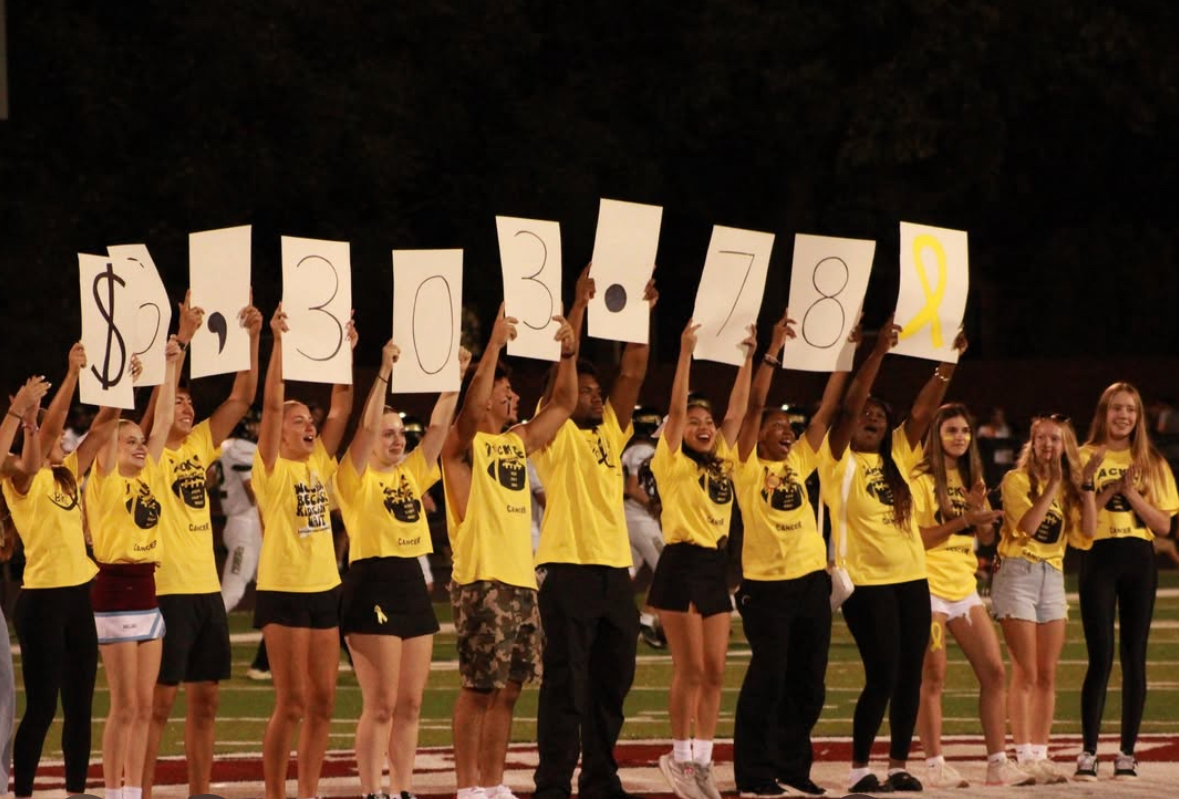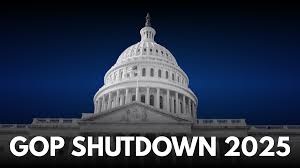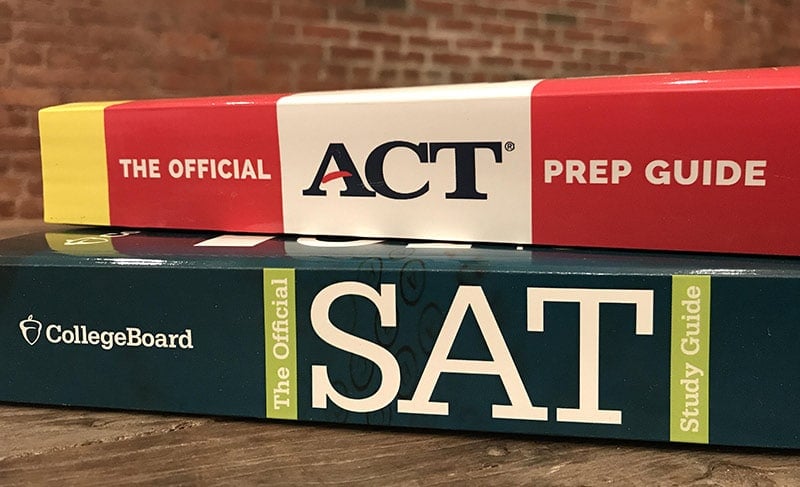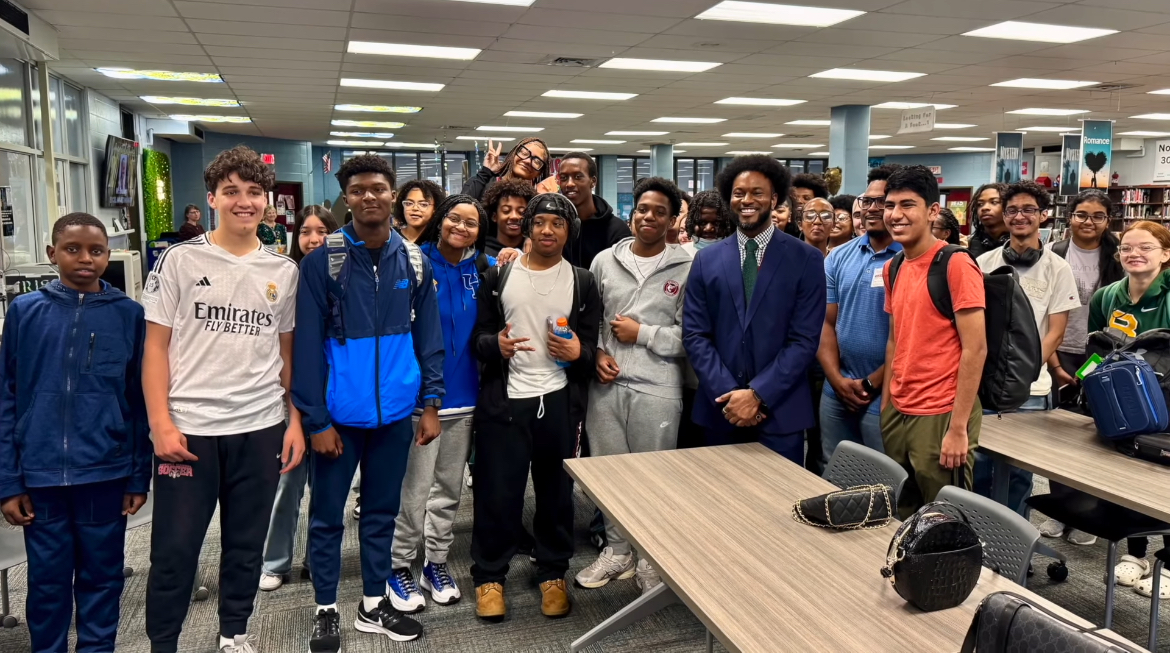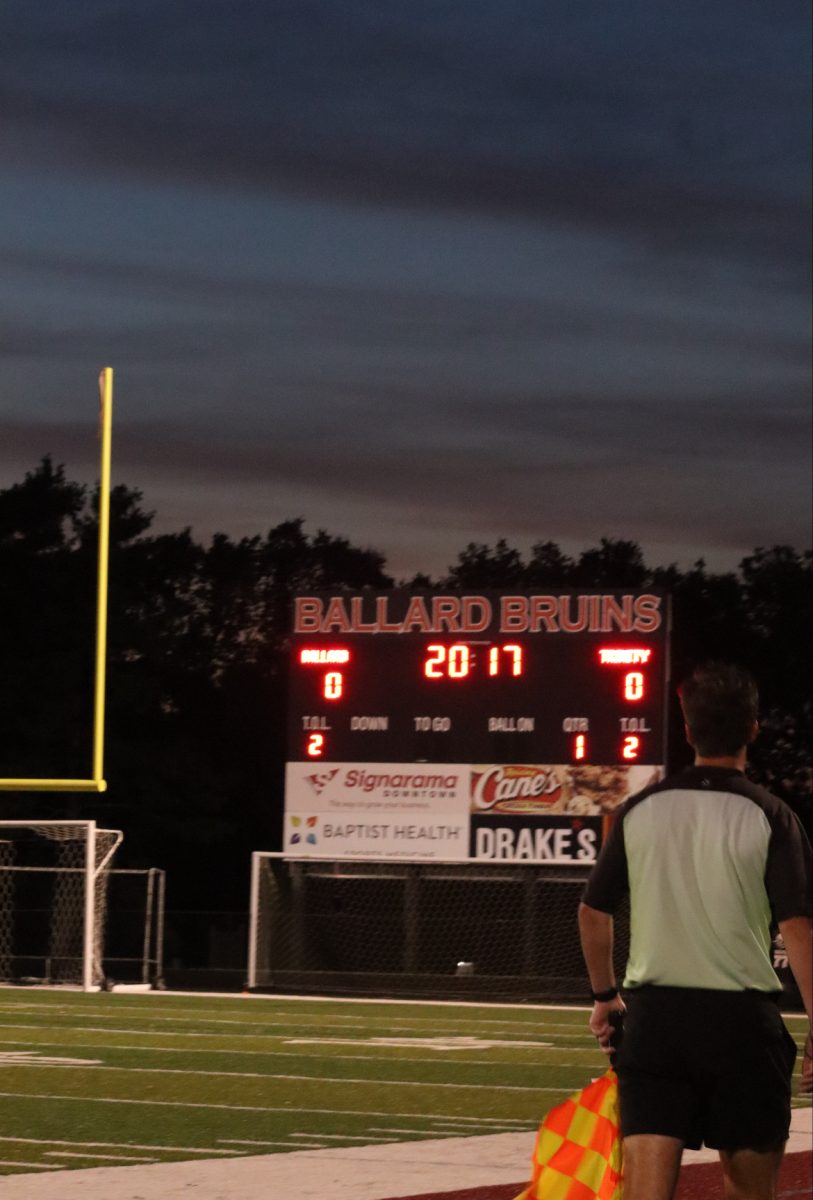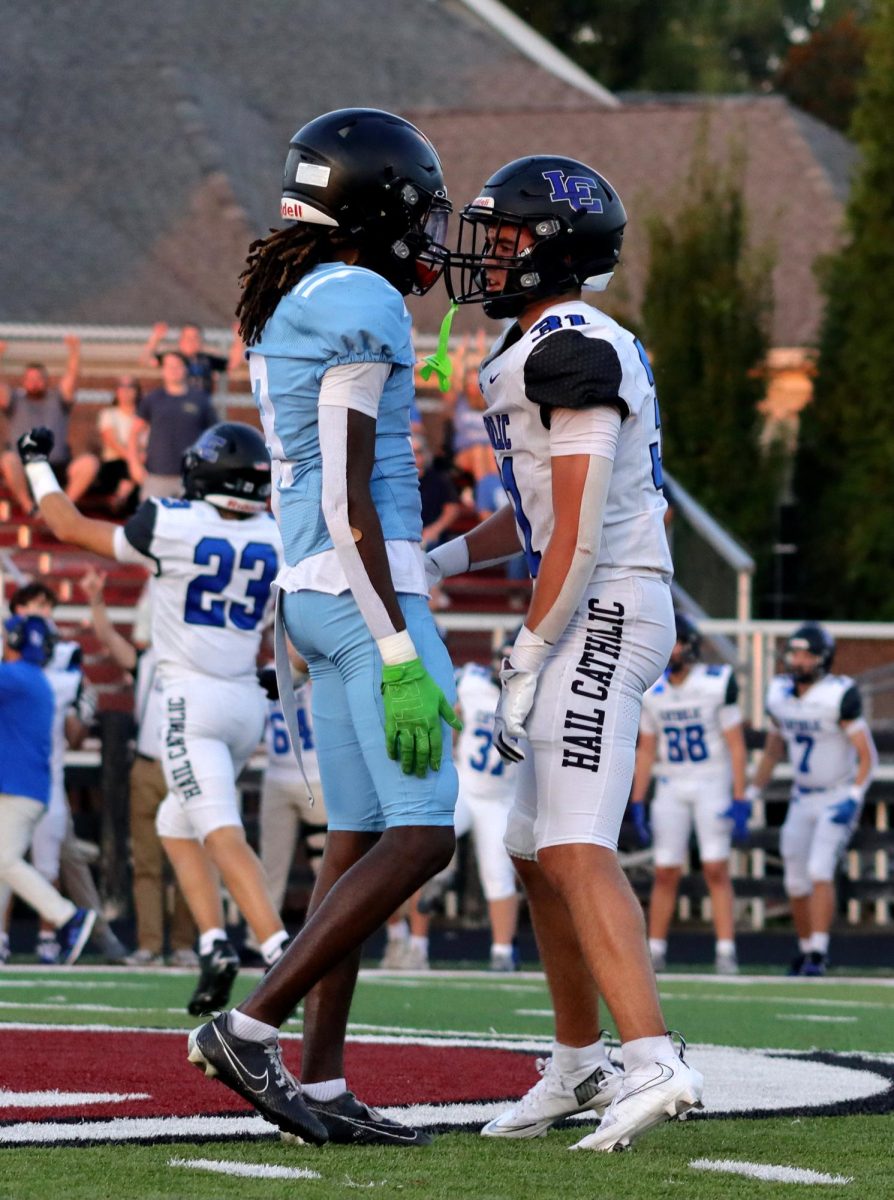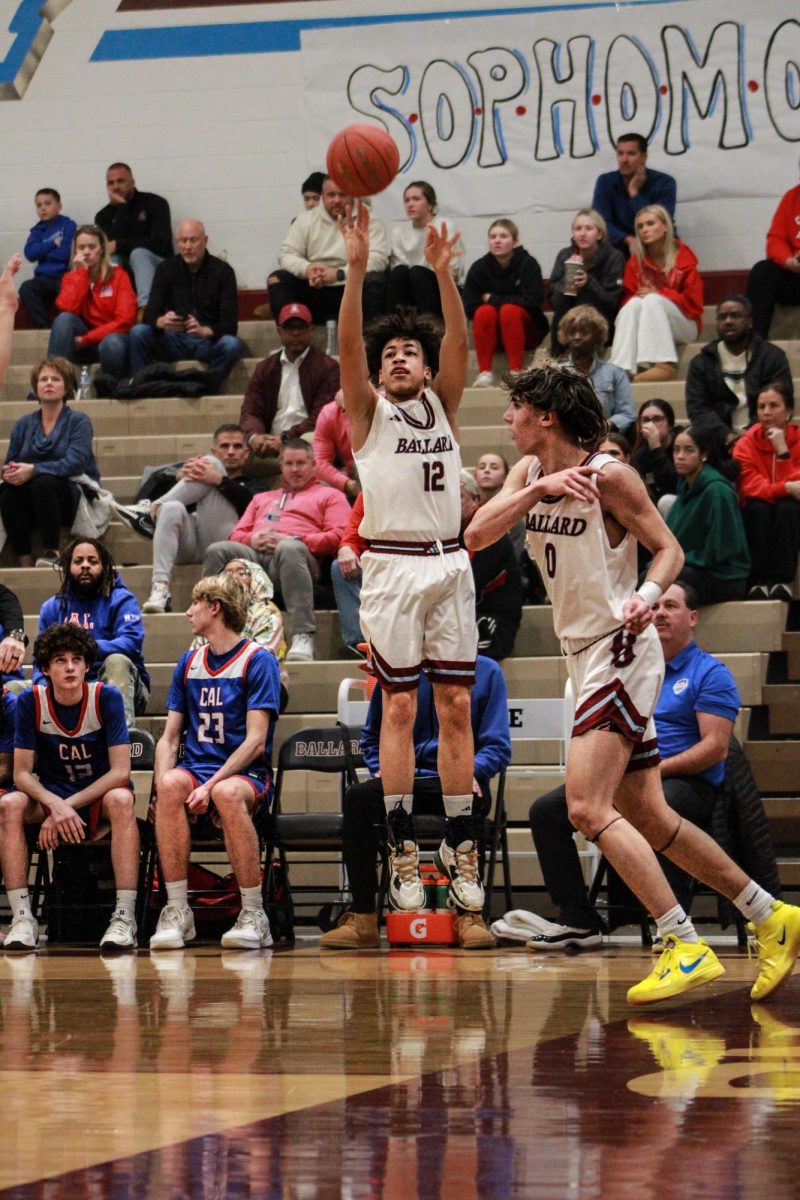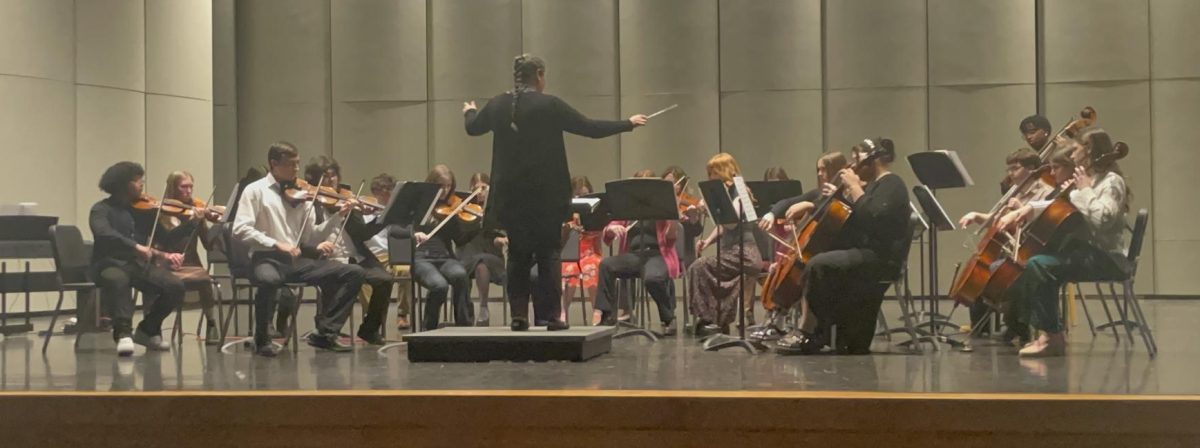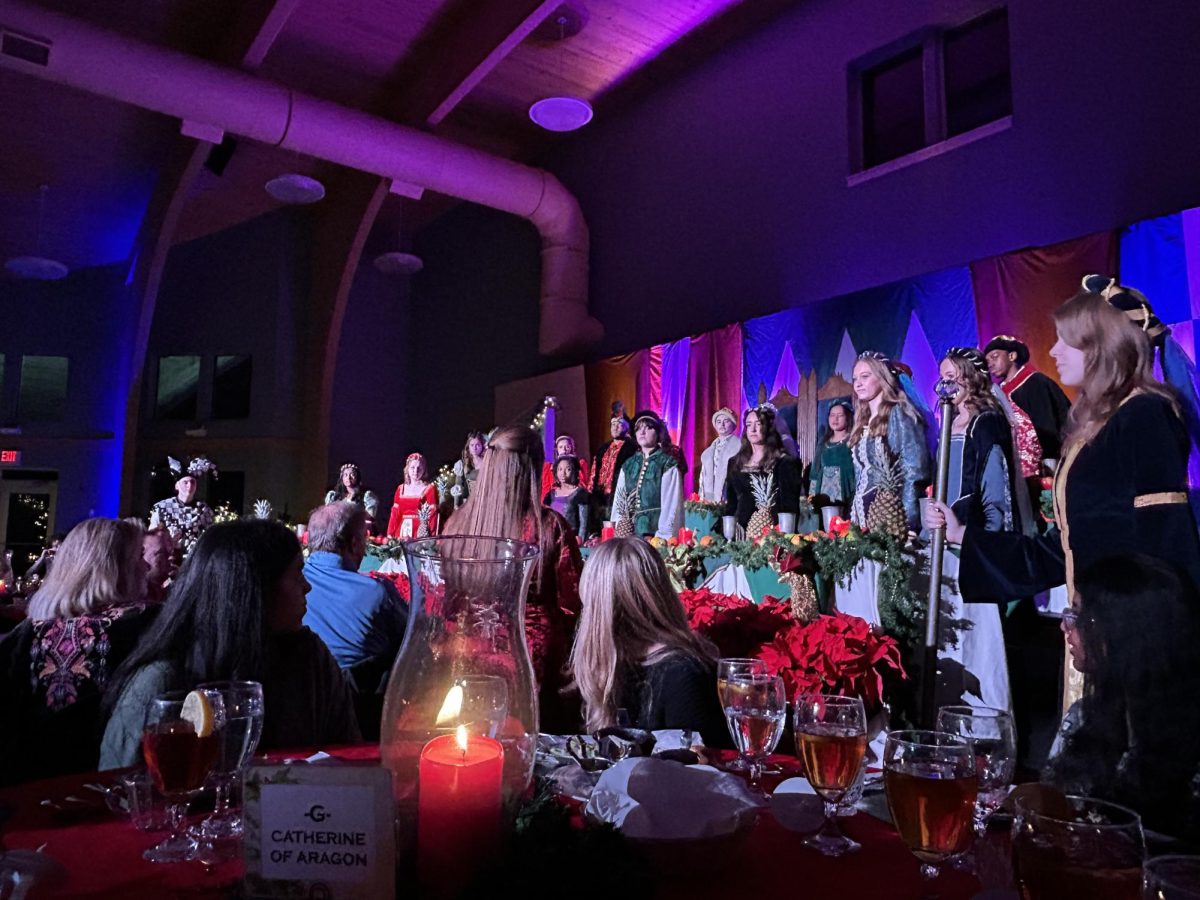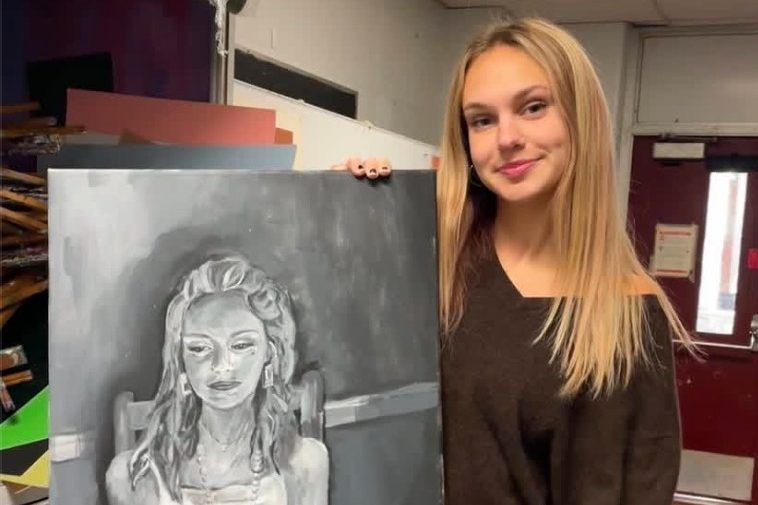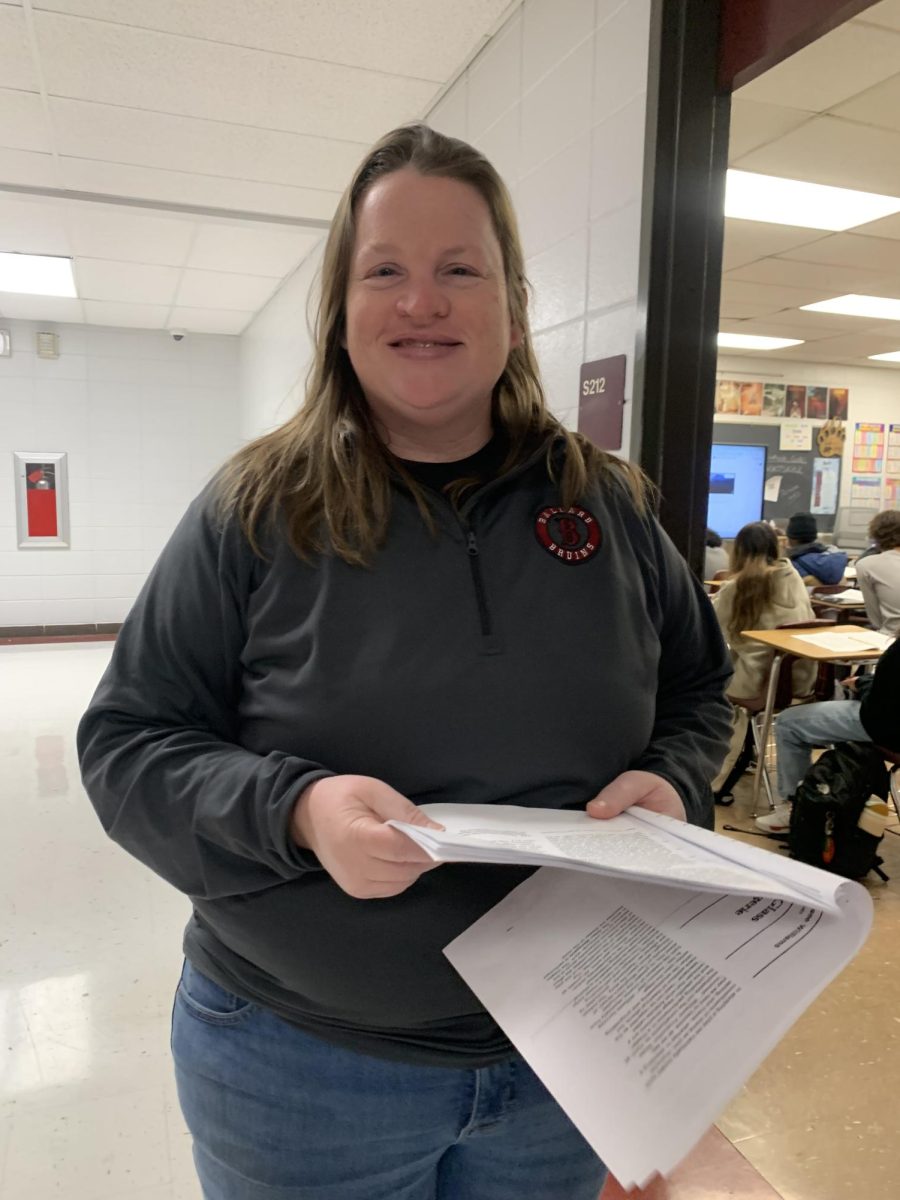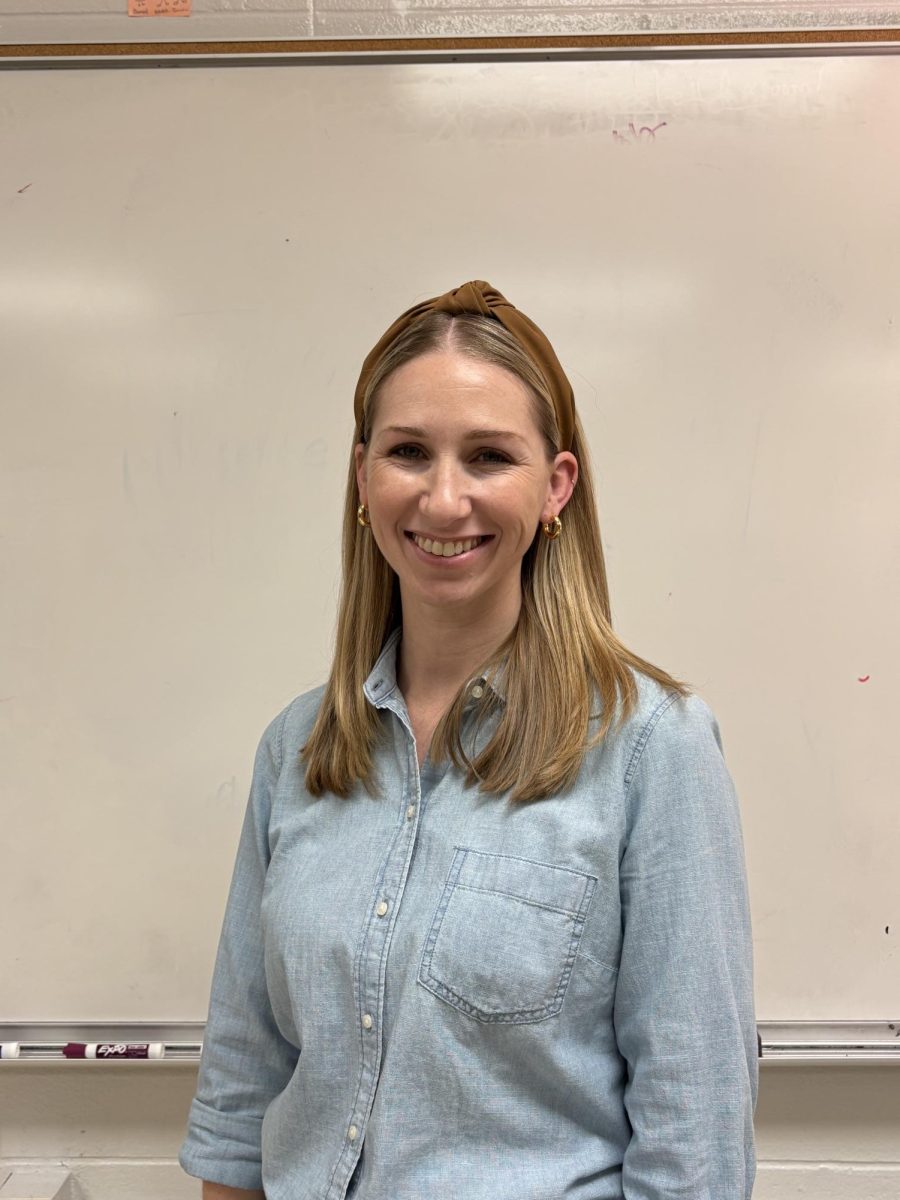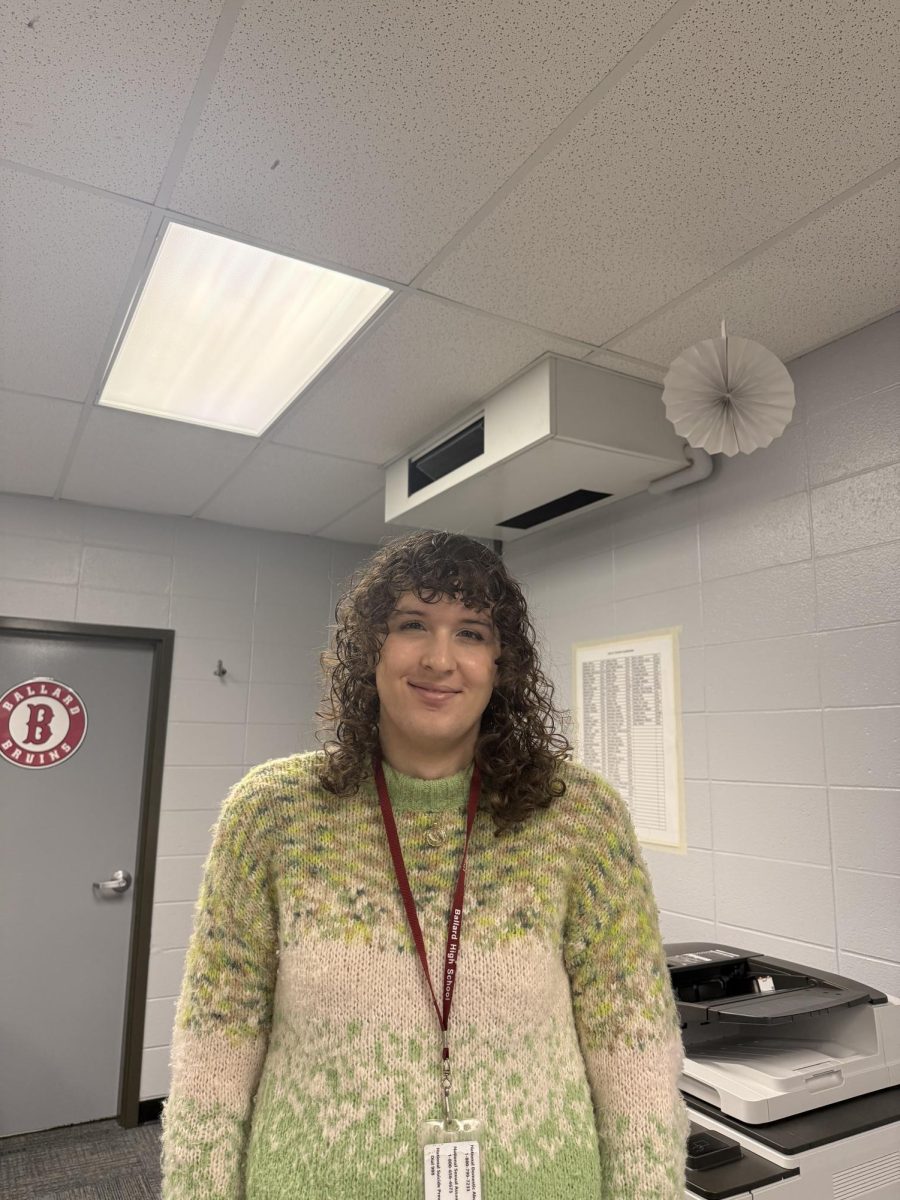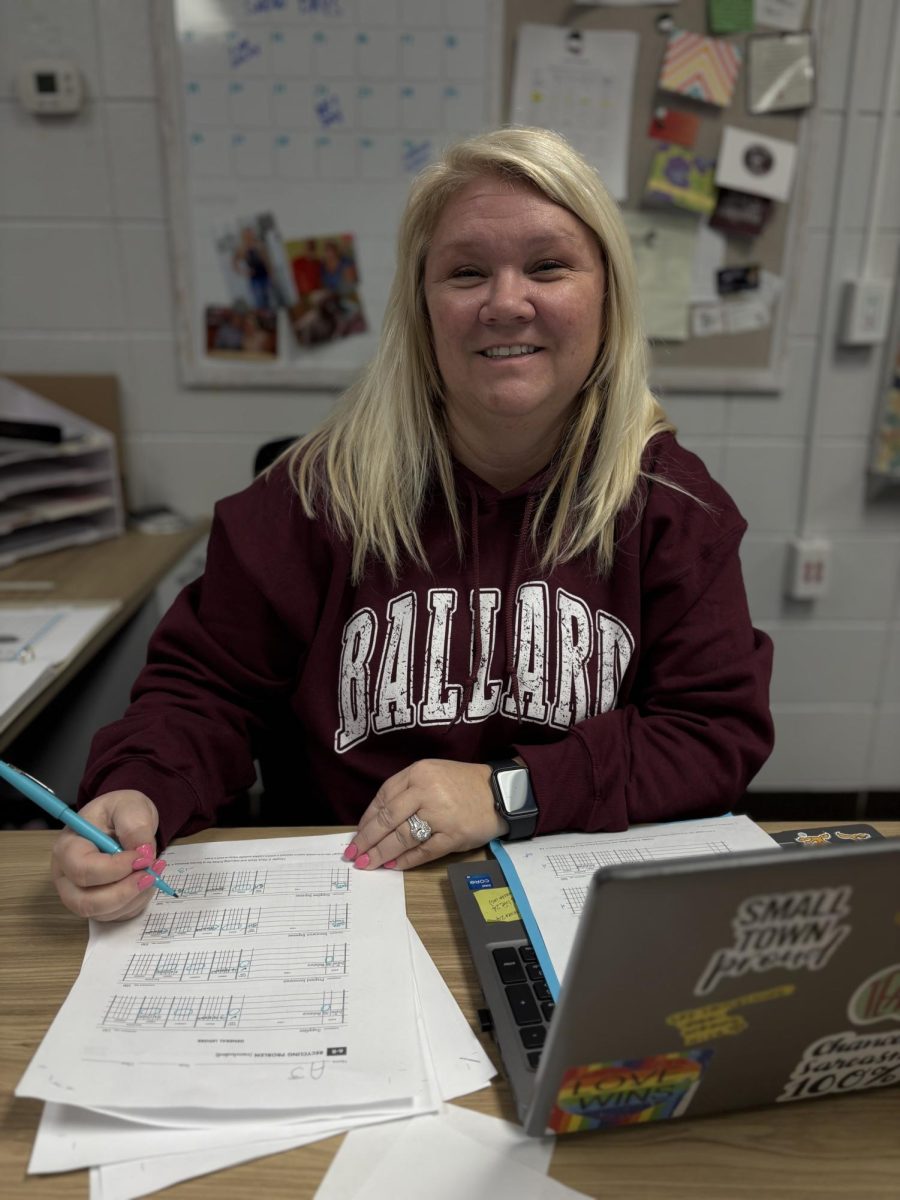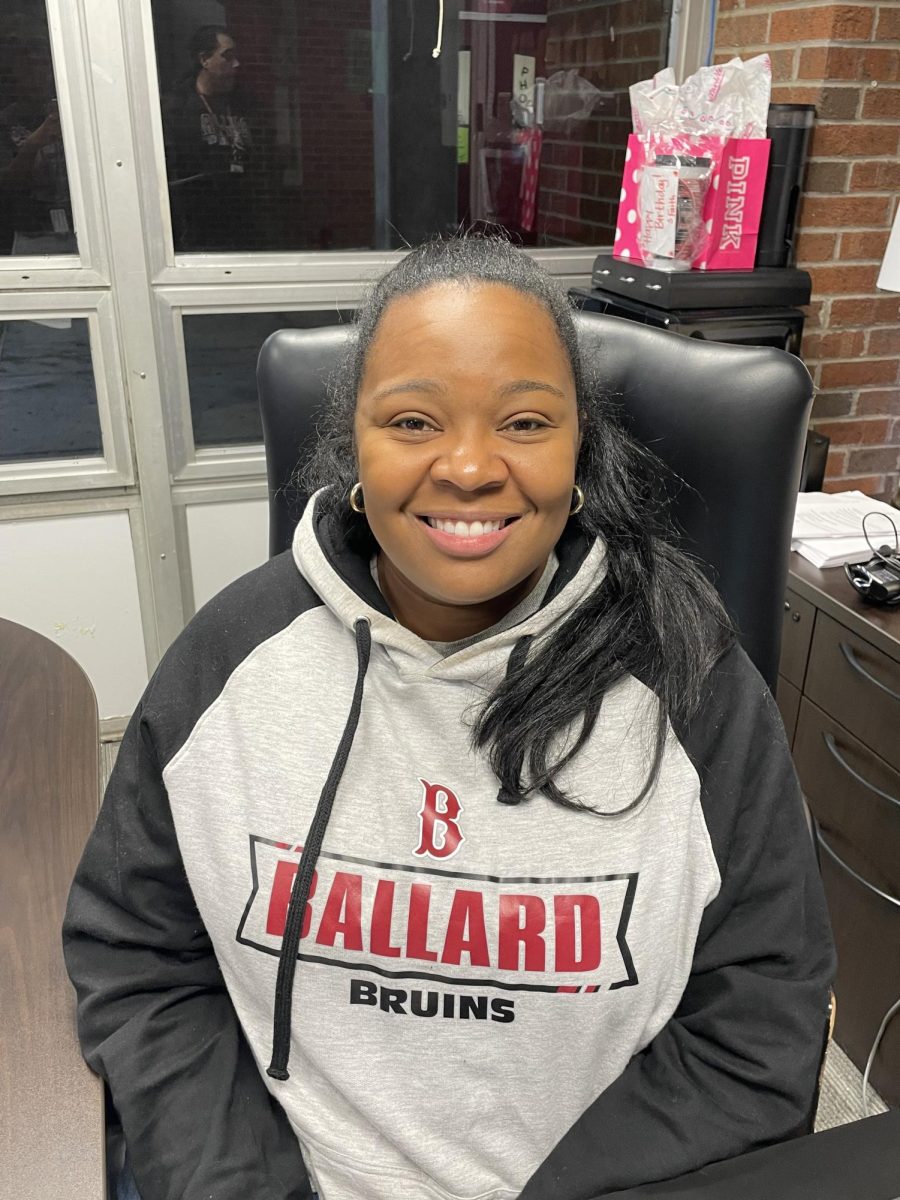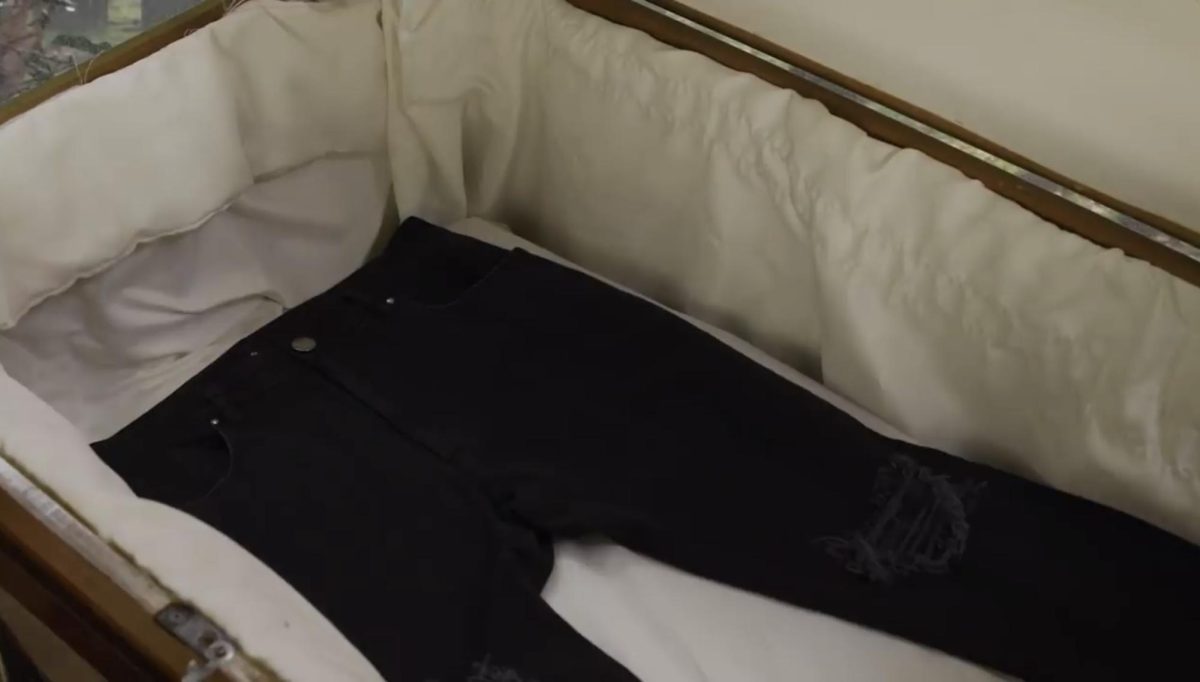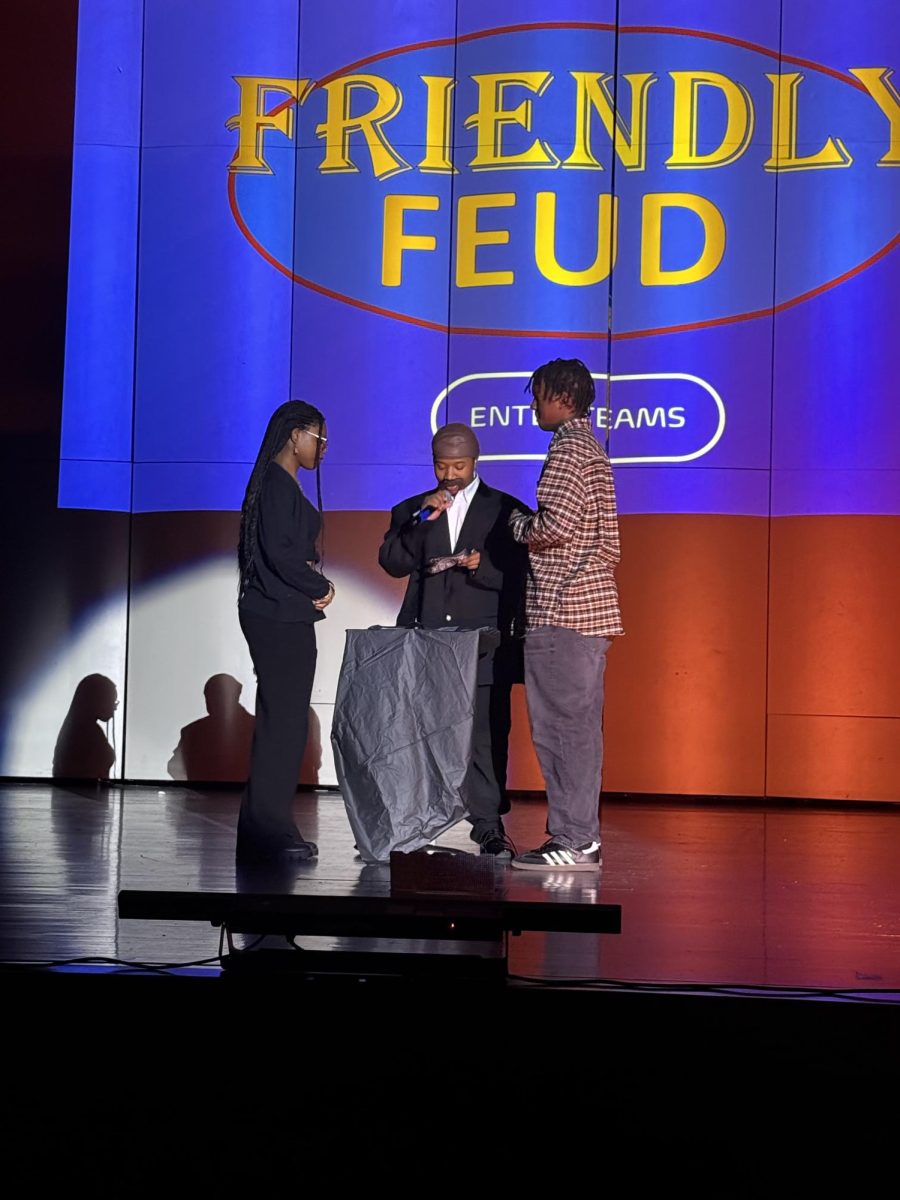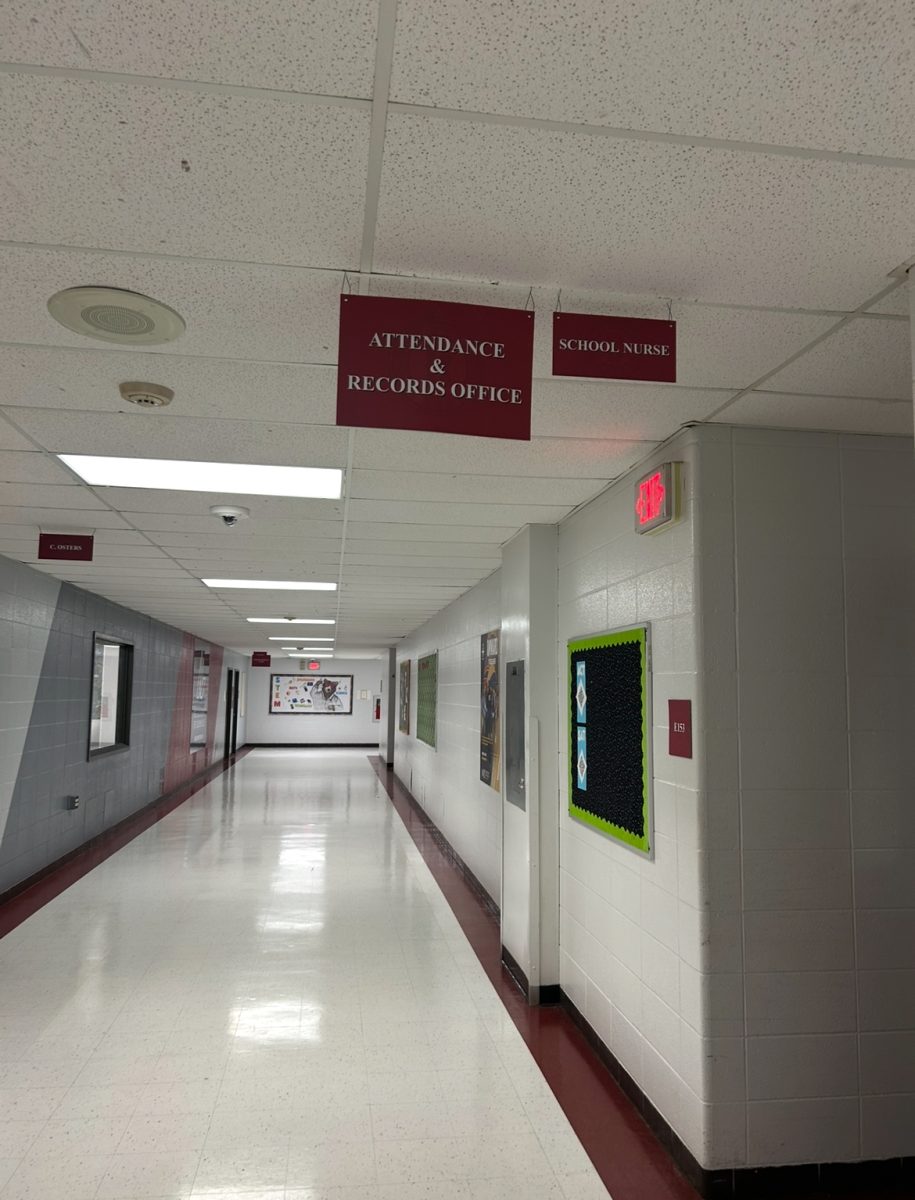Discussions of banning DEI practices in schools have been in the works and are causing uncertainty and confusion for everyone involved. The Department of Education sent a letter to public organizations/institutions on February 14th and gave a 14-day limit for these institutions to remove their DEI initiatives. It is still uncertain whether or not, when, and how DEI bans might be enacted. But what could all this mean for Ballard?
DEI stands for Diversity, Equity, and Inclusion. It is used as frameworks, or policies that ensure participation of all groups of people. It can be used in places like schools or corporate environments. Dr. Neuss, Ballard’s principal, says “diversity, equity, and inclusion to me is really about making sure that we are aware, respectful, and understand the differences in our school communities. That we are addressing achievement gaps that exist, and that we have good plans in place to support all students regardless of their background.” There are still speculations about the legitimacy of the ban. “Just in terms of JCPS, as a district, we are still committed to ensuring equitable practices,” says Dr Neuss. But what could a DEI ban really do to Ballard High School?
DEI at Ballard includes things like Muslim Student Association or the Black History Month Cultural Showcase. The Cultural Showcase is a main event at Ballard. Last year’s showcase was so crowded that they produced two shows instead of one this year. Students shared their favorite parts of this year’s Cultural Showcase. Ballard sophomore, Reem, says “the guy singing, yeah the fine one,” while Jolina says, “when everyone took out their flashlights.” Ava Stewart says “The Steve Harvey skit, that was pretty funny.” However, a DEI ban could mean the end of the annual Black History Cultural Showcase. “I think it’s important to represent and highlight like Black culture and the things that Black people did for our country… it doesn’t really get highlighted either way, like in school, not really,” says Ava, while Reem says “And I won’t be as educated and see the accomplishments each culture has done for us.”
DEI could also affect the many after-school clubs Ballard offers for its students. Ms. Mesa, the teacher in charge of Latin Student Union, talks about what LSU means for its students. “A lot of the time they just need a community. They just need a group of people that understand them. Some of the questions we have gone into have made them really think about what they miss about their countries, or how they all kind of relate to the same thing.” Mrs. Mesa shares the concerns she has for the future of LSU. “I don’t want it [Latin Student Union] to go away because then how are we going to have this community, this group. And we want to start implementing more school projects and doing things for the community and we’re not going to be able to do that if it gets banned.”
BSU, or Black Student Union is also a club that meets after school. “BSU, the Black Student Union, is a club that really was created by JCPS because the data showed that African-American students had a sense of not belonging in the school setting,” says Mrs. Hinkle-Jones, the club’s teacher sponsor. “It’s supposed to be community outreach, and then really connecting with the community and the school. I think they benefit, just making that network, like a family,” she says. Nene Hale, a student in BSU, shares her concerns. “I feel like it’s going to go away, ‘cause I’m in African American literature too… they’re trying to erase our history… but if you erase our history, then we’re just going to repeat the same stuff… so, that’s what I’m scared about.” Mrs. Hinkle Jones says “Huge concerns, because this will prevent or limit our students from that sense of belonging. Just a place where they can say, I belong, I can talk freely. We do discussions. We talk about current events, we talk about issues in the school.”
Another club at Ballard facing the same issues is Muslim Student Association. Raneem, one of the club’s members, says “It can bring a lot of people together and it helps a lot of people learn about so many different cultures and diversity,” while Eman, another member says “We can all unite as Muslims.” All of these Ballard sponsored clubs are still growing, and work hard to benefit their community. “We’re really trying to grow the club and also make sure we’re inviting more lower-classmen so they can kind of grow with us,” says Mrs. Mesa. Mrs. Hinkle-Jones says “So BSU was designed for not just Black students but students of color, anybody. We have white students in our club as well.” And Raneem says “It’s subject to everyone, it’s not included for one specific group.”
DEI can have various impacts on people throughout education and the workplace. People who oppose the use of DEI say that it is a waste of money, ineffective, and responsible for declining enrollment at institutions. However, James Orlick, the Director of Grant Writing and Innovation for Inclusive Excellence at the University of Louisville says “By fostering inclusive learning spaces, institutions create a talent pipeline that strengthens workplaces and contributes to broader economic growth. Preparing students for diverse workplaces isn’t just about fairness-it’s about equipping them with the skills needed to succeed and lead in an evolving world.” Dr. Bridget Trogden, Dean for Undergraduate Education and Academic Student Services at American University, talks about the importance of DEI when preparing students for a broader workplace. “you need to be able to understand other people. Whether you’re in middle school, high school, college, grad school… it’s not even in certain disciplines, you want to make sure that students who are working in urban planning and civil engineering understand the impacts of redlining… you want to make sure that nurses understand social determinants of health.”
